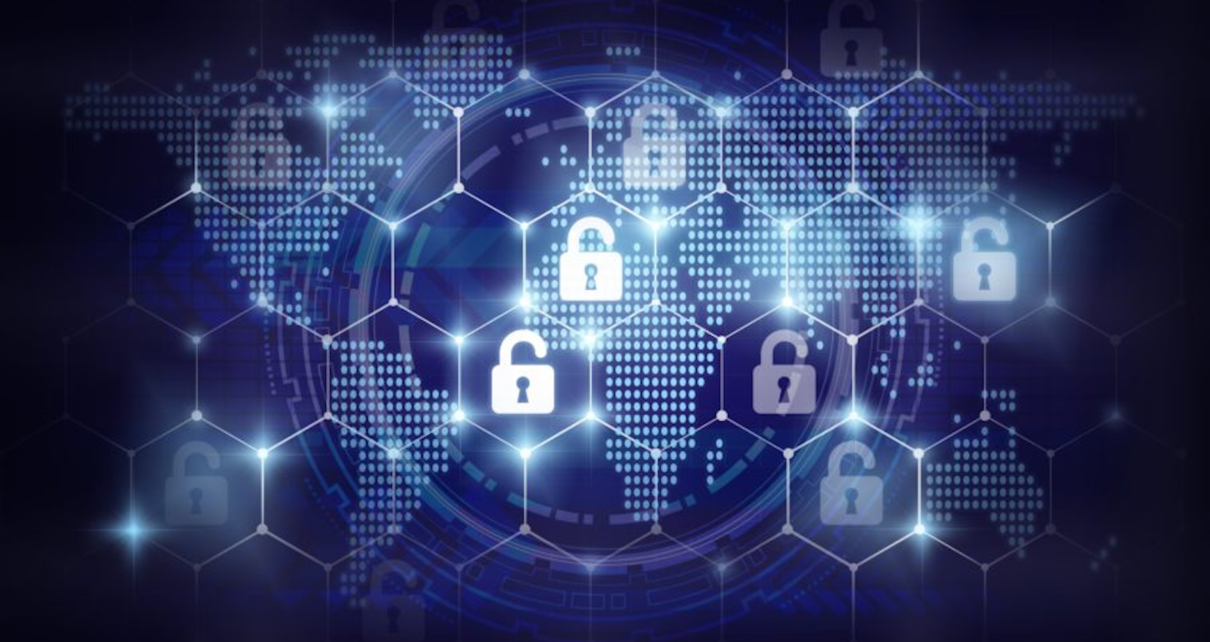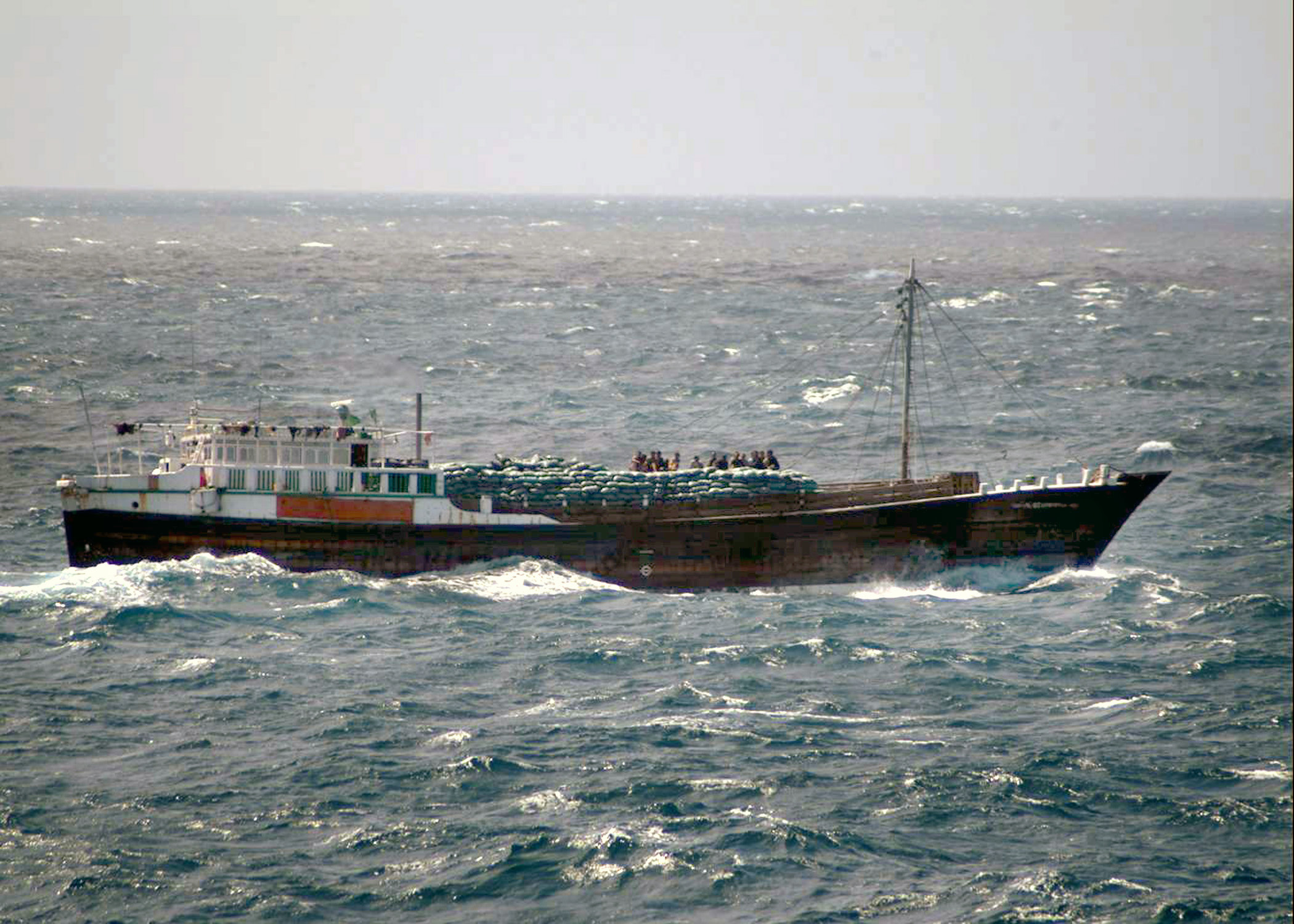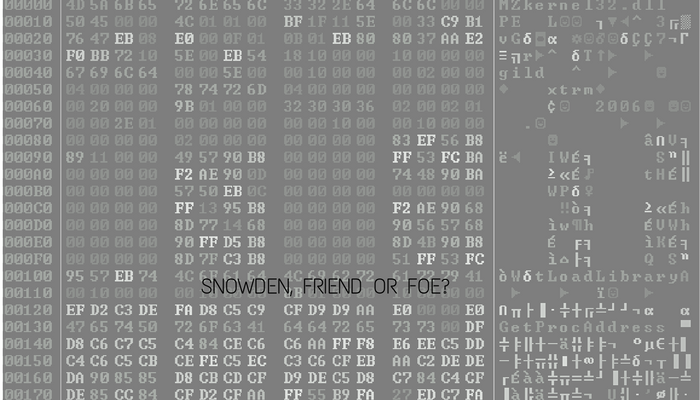The Geopolitics of the Internet
Threats to an open internet have been increasing over the past decade. China, Russia, and other authoritarian states have stepped up attempts to exert greater global top-down control over the network architecture that enables the data flows internet operations rely on. If authoritarian states shape the future of the internet in accordance with their anti-democratic principles, the internet will become fragmented, deprived of many existing social and economic benefits, and used as a state tool for intelligence operations, user surveillance, and suppression.
Some risks a fragmented internet carries include exacerbating ideological divisions within and between societies, compromising user privacy, and heightening pre-existing geopolitical tensions between states that have competing visions for the future of the internet.
Democratic countries should therefore develop and implement internet strategies that support global stakeholder cooperation and promote public sector engagement between like-minded states across different internet governance bodies to ensure that the internet’s enabling network architecture remains open, decentralized, and reflects democratic principles.
Governing the Internet
The internet is a decentralized web of networks, formed by thousands of individually connected hosts across the world that can communicate with each other by using a set of common protocols known as the Transfer Control Protocol and Internet Protocol (TCP/IP). This means no single actor can unilaterally “shut down” the internet. However, accidents can happen, as traffic is routed through servers across the globe, and no single actor is responsible for governing or regulating internet operations.
Two competing visions for which standards and protocols shape future internet operations have dominated the agenda of recent meetings by different internet governance bodies like the Internet Engineering Task Force (IETF), Internet Corporation for Assigned Names and Numbers (ICANN), and International Telecommunications Union (ITU).
One is the present IPv6 system which has not yet been fully adopted. Many countries still operate on the older IPv4 and have not even initiated attempts to transition to the new global IPv6 standard for varying reasons. This has already created a fragmented internet.
China has recently proposed its own alternative internet protocol known as New IP or IPv6+. IPv6+ is not compatible with IPv6 (despite similar sounding names), so if IPv6+ is adopted as a standard, then organizations around the world will require new hardware and software to implement the new system.
There are significant security risks in transitioning to the new system. China has simultaneously touted its own progress in implementing IPv6 while persistently proposing its alternative system, IPv6+. This is a diplomatic marketing ploy to brand IPv6+ as an organic extension of IPv6 in an attempt to downplay Western accusations of sponsoring a state-censored internet via IPv6+.
With the recent American accession to ITU leadership, currently it seems unlikely that China’s IPv6+ proposals will gain any traction, but sustained multilateral engagement between the U.S., E.U., and other like-minded states will be required to limit Chinese and Russian influence in internet governance bodies.
The Future of the Internet
The internet is a critical channel through which disinformation is disseminated. Thus, if China’s version of a state-censored internet is adopted globally – via China’s domination of standard setting bodies and processes, and uptake of Chinese hardware— it will be able to conduct effective, targeted, and global disinformation campaigns in support of its wider political objectives.
Rejecting China’s IPv6+ is a prerequisite to continuing to reap the social and economic benefits of an open internet as the world has come to know it. To do so, political will must be invested in developing strong multistakeholder collaboration between the U.S. and its allies, particularly within internet governance bodies.
Last year, the Americans tabled a proposal to develop a democratic Alliance for the Future of the Internet alongside France, Japan, Germany, UK, Canada and Australia, although greater political weight behind these initiatives will be needed for any meaningful outcomes to emerge. Collaboration amongst allies on internet governance is critical to limiting the technical ease and effectiveness by which Russia and China can conduct future disinformation campaigns and intelligence operations.
An early iteration of the Alliance’s declaration stated that the benefits of an open internet would be declined to nations that do not adhere to basic principles and protections that advance democratic values and the rule of law. This wording was removed in the text’s final version and the word “Alliance” was replaced with “Declaration” to remove any military connotation.
However, if the Alliance limits itself to containing China’s technological growth as a strategic adversary, it may lose sight of the greater objective: ensuring the network architecture that enables internet operations remains open, decentralized, and reflects democratic principles. Excluding significant numbers of users from a given network space risks exacerbating ideological divisions within and between societies and fueling unintended consequences. When internet sanctions were first levied against Russia, it negatively affected the work of many Western NGOs, journalists and humanitarian aid workers located in Russia. This is one reason why the U.S. Treasury Department later issued an exemption to internet communication services from U.S. sanctions against Russia.
Remain Engaged
More than nine out of ten people are expected to have internet access by mid-century. As the amount of personal data online grows, so does the need to protect it. Without user trust, many social and economic advantages of the internet will also diminish, even if the underlying standards and protocols of the internet are not changed.
Democratic governments, in particular, have an obligation to ensure the safety and security of their citizens, both online and offline. A failure to do so can undermine public confidence and trust in both the government and the internet, as witnessed in the Cambridge Analytica affair.
If democratic governments are successfully able to maintain the open, decentralized nature of the internet, they will continue generating economic growth and reaping the social benefits of the internet. To do so, countries will have to invest political capital in designing and implementing internet strategies that support global stakeholder cooperation across various internet governance bodies and inform public and private sector engagement with standard development organizations.
Cover Image: NSWC Crane Corporate Communications. Used by permission of the U.S. Navy.
Disclaimer: Any views or opinions expressed in articles are solely those of the authors and do not necessarily represent the views of the NATO Association of Canada.




